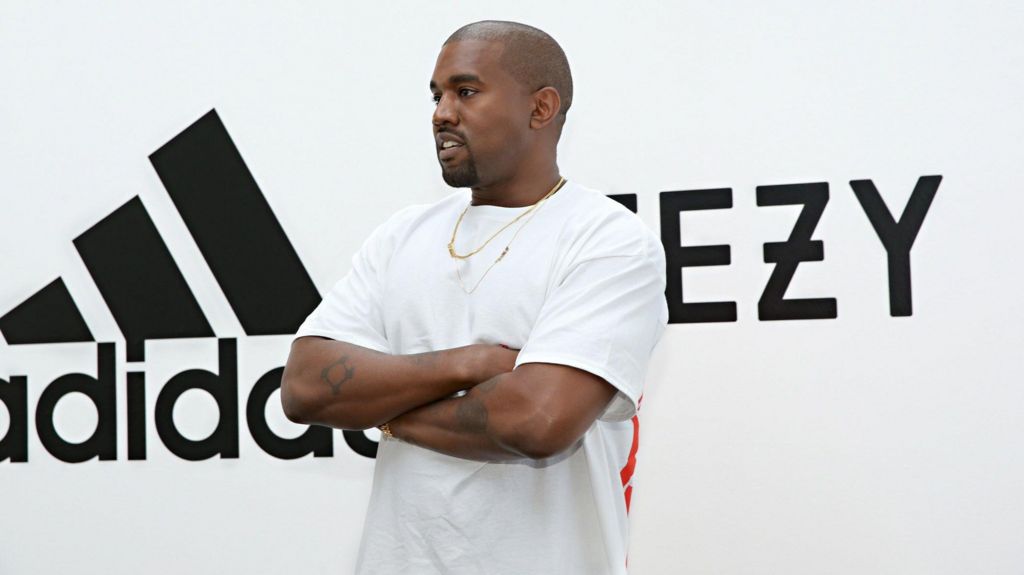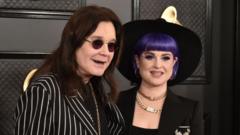
Norway’s VG newspaper is reporting that the EBU narrowly avoided what could have been “the Eurovision scandal of all time” thanks to last-minute crisis talks.
According to VG, six countries were poised to withdraw with just 25 minutes left before the grand final. The countries were: Switzerland, Norway, Greece, Portugal, Ireland and the United Kingdom. That would have resulted in a 19-country grand final — and left producers scrambling to fill more than 18 minutes of content.
However, Greece’s broadcaster ERT has now denied that it planned to withdraw. Speaking to the Eurovisionfun web site, ERT said: “We never discussed or considered withdrawing from the competition for any reason. The publication (VG) is incorrect at least when it comes to Greece.”
The countries that threatened to withdraw shared grievances regarding at least two major points: the large-scale security apparatus for Israel and “the behavior of the country’s delegation during the week.”
Israel has previously refuted any wrongdoing, saying that its team faced “unprecedented hatred” because of the fact they were from Israel.
Six countries were set to withdraw from Eurovision final 25 minutes before show
Swedish newspaper Aftonbladet says “the entire final day became one long crisis meeting” for the EBU and host broadcaster SVT.
It’s unclear what was negotiated and why the six countries found participation acceptable in the end.
Magnus Børmark, the guitarist for Norwegian band Gåte, told VG:
“Our common point was that we did not want to participate in Eurovision for it to be used and branded as part of Israel’s war propaganda machine. We participated to create a space where we can unite in music — in a political situation where everyone chooses sides and hates each other.”
Magnus previously told Norwegian newspaper Aftenposten that “withdrawing was on the block until the last second. We eventually had constructive talks with the EBU. Things were just good enough to carry on.”
The “Ulveham” performer said that the tense atmosphere forced artists into a political role, placing an heavy burden on everyone’s shoulders.
Large protests around the city called for the EBU to ban the country from the event. The EBU has consistently said the song contest in a non-political event and a competition between broadcasters and not governments.
“It seemed as if there was one set of rules for Israel, another for the rest,” Magnus said. “There is something wrong when you experience it. The artists should not have to have a crisis meeting with the EBU,” he says.















